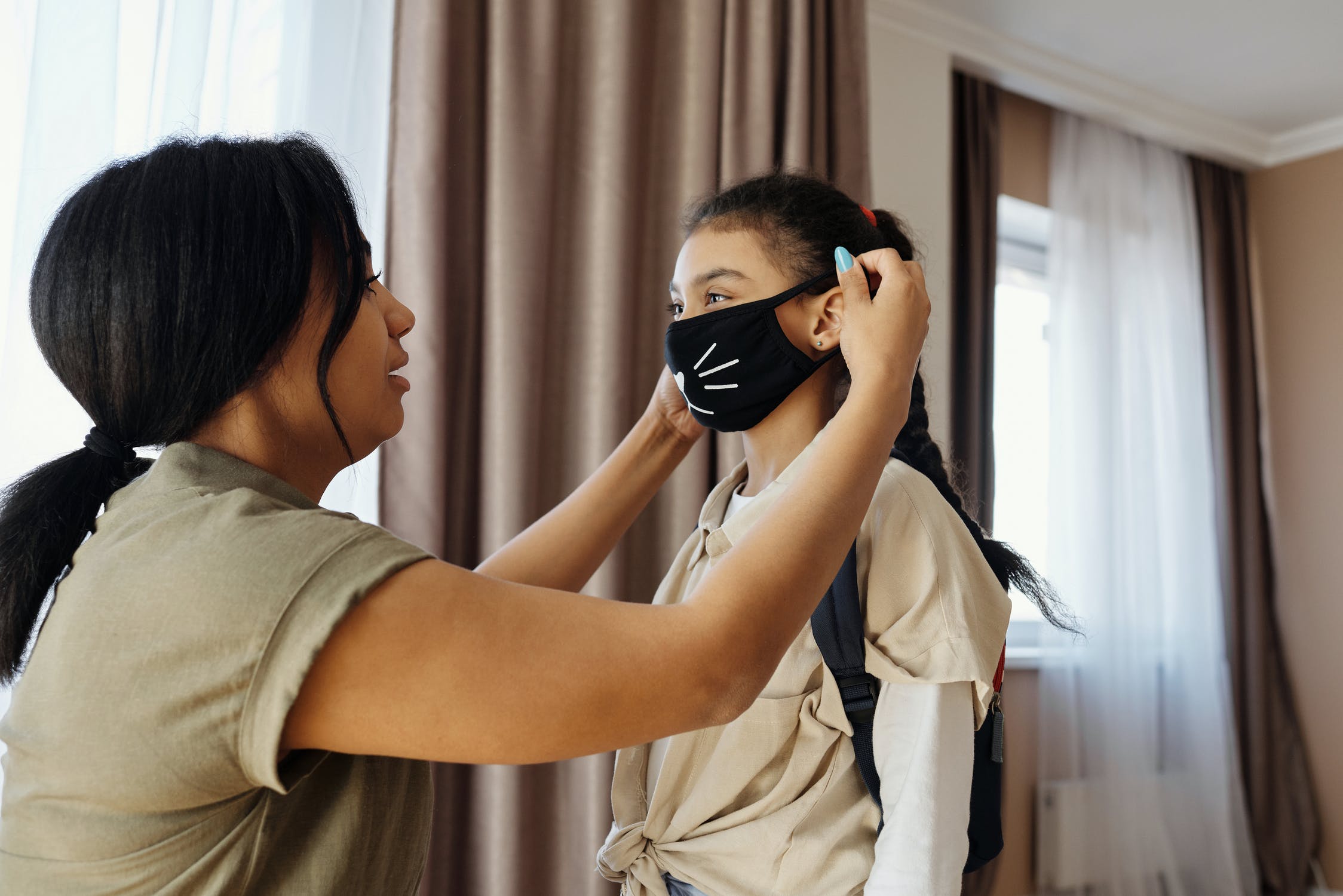Comments
- No comments found

People say the safest time to visit a theme park is in the days after an accident.
Rides have been checked, double-checked, and then checked again. The staff is super-cautious. Everyone is on high alert. But can we say the same about the next pandemic? Has experiencing one helped us prepare for the next?
Every few years, a seemingly deadly virus hits the headlines. 2003 saw the SARS virus, 2009 brought swine flu, Ebola came in 2014, followed swiftly by Zika in 2016. Then came the “big one”: COVID-19. Aside from SARS and COVID, most of these viruses had only a minor global impact. But that doesn’t mean we’re safe forever. Even COVID, the most devastating of the ominous fivesome, is tame by historical standards.
So, what happens if the worst happens again? Are we ready for another pandemic?

Few listened when experts routinely warned of the risk of a global pandemic. Globalisation. Mass air travel. High population densities. In truth, it was only a matter of time before the world hit a bump in the road. No longer will warnings go unheeded. Pandemics have morphed from science fiction to science fact.
As Volkan Bozkir, President of the UN’s General Assembly, made clear, “We cannot afford to be complacent, and we must learn from our mistakes.”
The UN World Health Organisation (WHO), therefore, is advocating a One Health Approach. Given that 75% of new and emerging human diseases are zoonotic – spread from animals to humans – global health should integrate human health, animal health, plant health, and many environmental factors.
Meanwhile, President Joe Biden signed the American Rescue Plan in the US, promising $7.7 billion for hiring and training more public-health workers to contact trace and vaccinate. That’s not to say short-term cash injections guarantee long-term results. George Bush Jr., when the president in 2005, enacted the nation’s first comprehensive pandemic plan. It detailed stockpiles of critical supplies, rapid vaccine technology, and a global early warning system.
Yet, fourteen years later, when the pandemic did hit, the cupboard was bare. No stockpiles. No early warning system.

That’s not to say we’ve learned nothing. Supply chains for vital medical equipment are being shortened. Stockpiles are rising. Ventilators, face masks, and more will hopefully be continually replenished. Moreover, in the months and years to come, experts will pour over the various lockdowns and rules to decide what works and what doesn’t. How do you roll out vaccines quickly? How do you encourage uptake?
Next time the answers will be at our fingertips.
Yet, with national debts sky-high, many already question whether we can afford another pandemic. Indeed, the next pandemic might not even be respiratory. It could be spread through sweat or skin shedding. Like the generals always planning for future wars based on the past, next time won’t be like the last. That means there'll be different weaknesses to exploit. Different vulnerabilities we failed to fix.
After all, isn’t that the nature of a virus?
In truth, we cannot know if we’re ready until it hits. All we can do is prepare.
Badr Berrada is a tech entrepreneur & international best-selling author. As a Founder & CEO of BBN Times, he manages a team of more than 150 renowned industry experts. He has been featured in renowned publications such as Forbes Magazine, Business Insider, Yahoo! News, Thrive Global, Irish Tech News, Khaleej Times, Herald-Tribune, Pulse Ghana, le360 and IdeaMensch. Badr Berrada is also the CEO of Tech BSB, a consulting platform that provides services in artificial intelligence, cybersecurity, data analytics, cloud computing and sustainability. He co-authored The Growth Hacking Book: Most Guarded Growth Marketing Secrets The Silicon Valley Giants Don’t Want You To Know and The Growth Hacking Book 2 : 100 Proven Hacks for Business and Startup Success in the New Decade. Badr holds a master's degree in Economy, Risk and Society from the London School of Economics and a bachelor degree in Finance from Cass Business School.
Leave your comments
Post comment as a guest